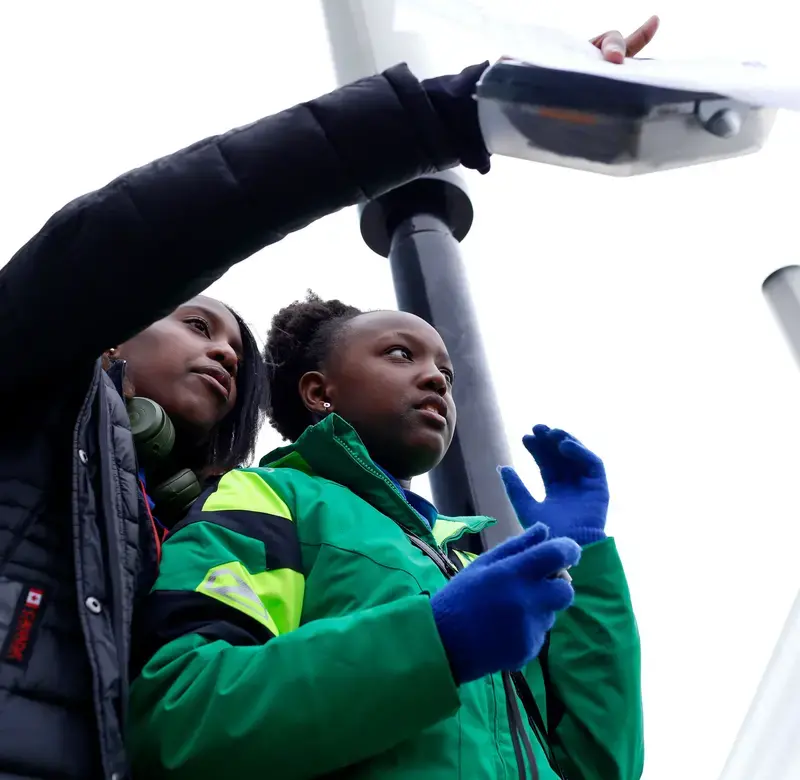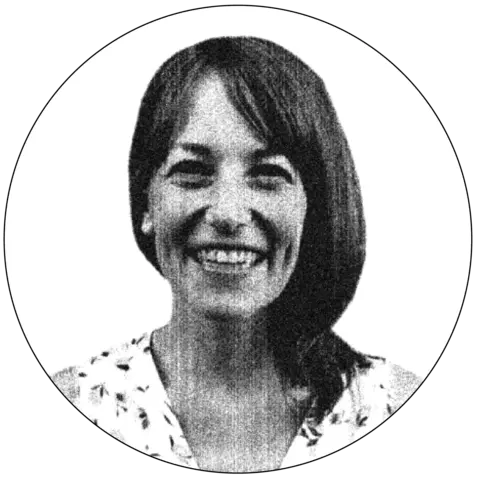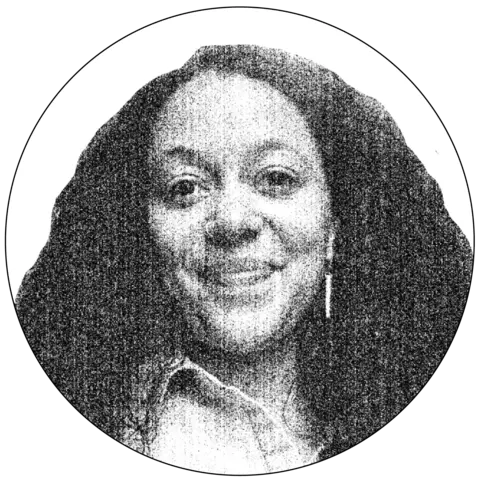Thousands of teachers across every U.S. state have used The 1619 Project and the Pulitzer Center’s curricular resources for the project in their classrooms. These are just a few such reflections on how The 1619 Project has enlivened conversations and empowered students. Do you have a story of your own? Click here to share a reflection.
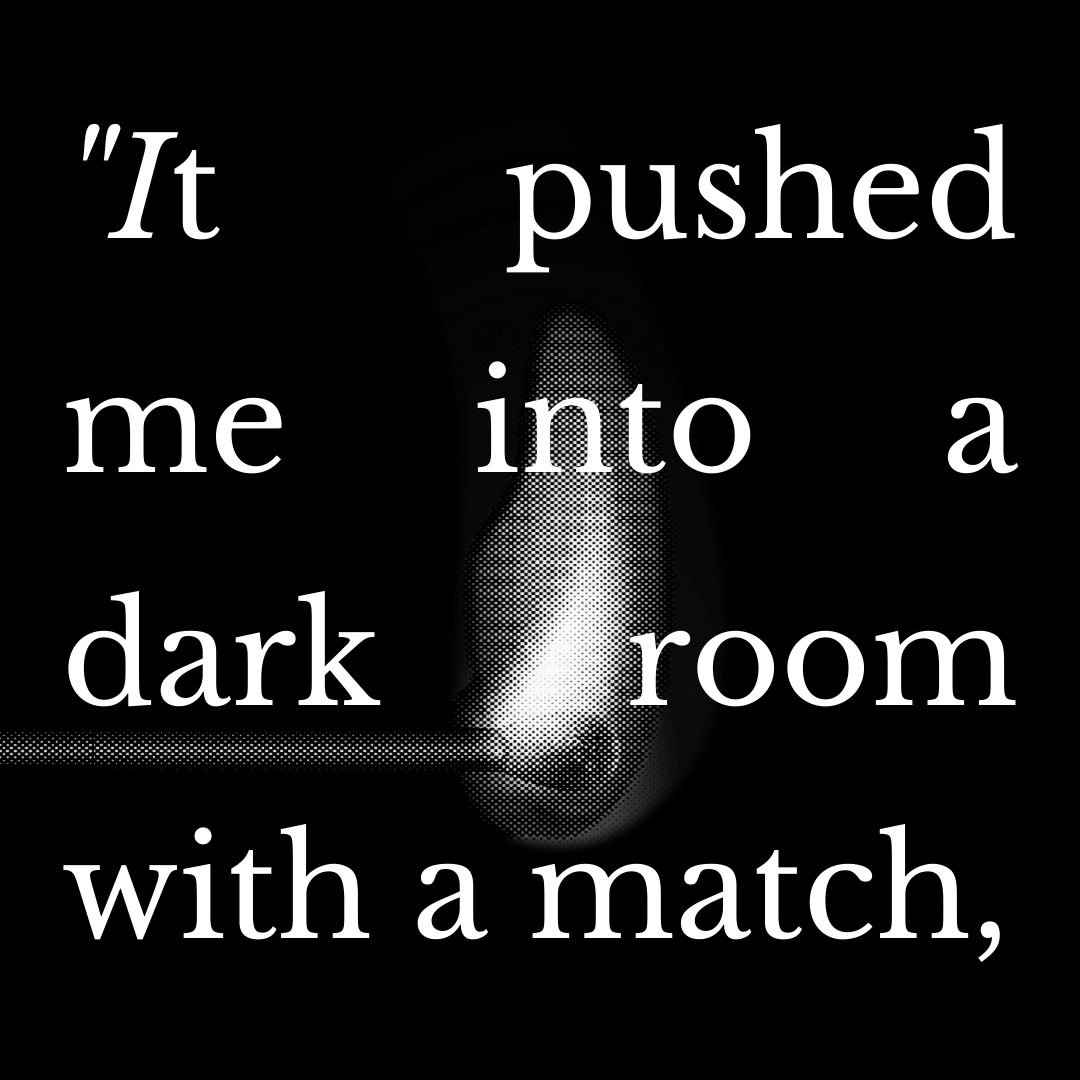
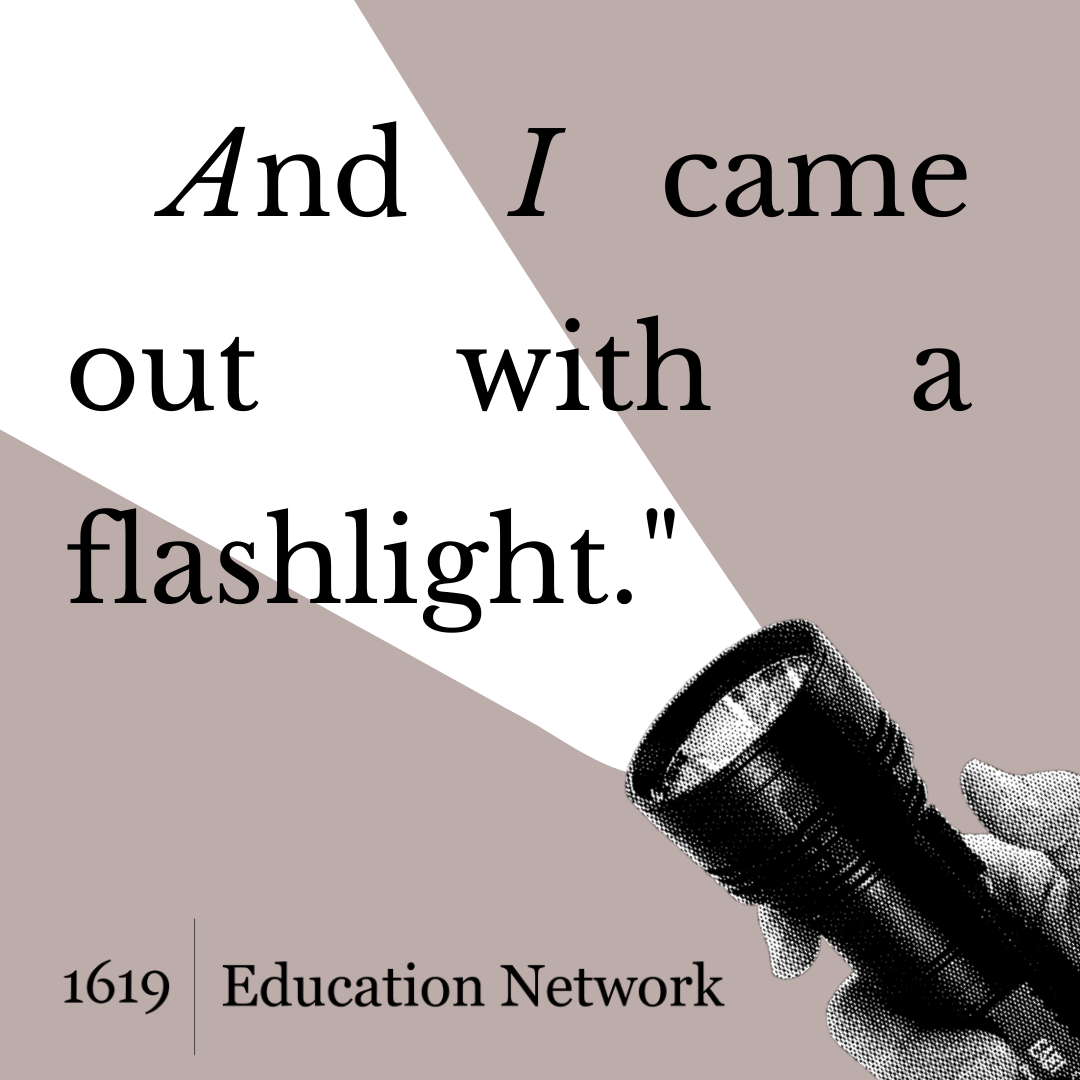
Reflection on exploring The 1619 Project from a student in Rebecca Coven's high school English and social studies class in Chicago. Image by Nora Bauso. United States, 2021.
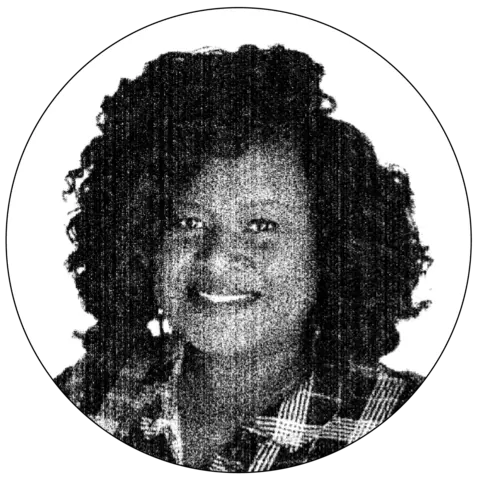
"[My students] reported that our studies enriched their lives in immeasurable ways, and helped to prepare them for the harsh realities they soon had to face with all of the race-based conflicts that arose early this year …"
CHRISTINA SNEED, high school English teacher in St. Louis, MO
"As an ELA educator, I used The 1619 Project to help students understand the power of rhetoric and how language has been used to shape culture, society, and our world views. We took a deep dive into this work in order to evaluate, assess, reflect upon, and challenge the historical records and narratives we have been taught about how our country gained its power and wealth. Many students originally questioned the counter-narratives presented through The 1619 Project's essays, but ultimately appreciated the opportunity to explore, debate, and grow through deep and authentic inquiry surrounding topics introduced through this work. They reported that our studies enriched their lives in immeasurable ways, and helped to prepare them for the harsh realities they soon had to face with all of the race-based conflicts that arose early this year…all products of racist systems that stem from the year 1619. The students were so passionate about this work that they created and delivered a presentation at a recent board meeting to advocate for the teaching of The 1619 Project, as a result of recent efforts by politicians to ban its use as a curricular resource within U.S. public school systems.
I have seen my students, and their writing abilities, transform throughout our inquiry into this project. No matter if they began the study with skepticism, they ended it with appreciation for Nikole Hannah-Jones and the light her work shed on the white-washed historical narrative that had been taught as truth. Their curiosities and collective passion to learn, dig deeper, challenge single-storied narratives, and to use their voices to advocate for systemic changes has inspired me to fight for all schools to teach history in ways that truly honor and acknowledge the stories, experiences, and accomplishments of all Black and brown people whose lives have been overlooked and devalued through the telling and teaching of history within our country."
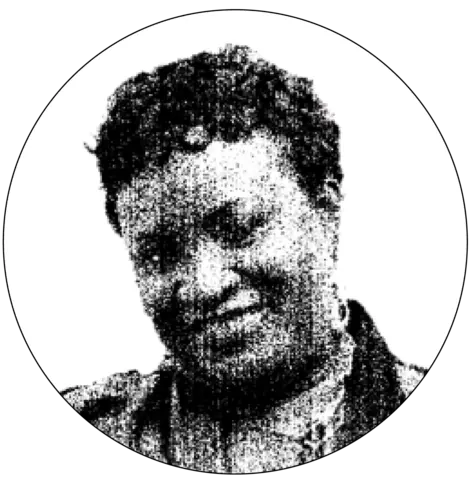
“The inclusion of The 1619 Project in our Emancipation Curriculum truly is liberating for our students, equipping them with a strength-based education that delivers them as globally competent, and culturally proficient thinkers and citizens prepared to lead in our 21st Century American Democracy.”
DR. FATIMA MORRELL, associate superintendent at the Office of CLRI for Buffalo Public Schools
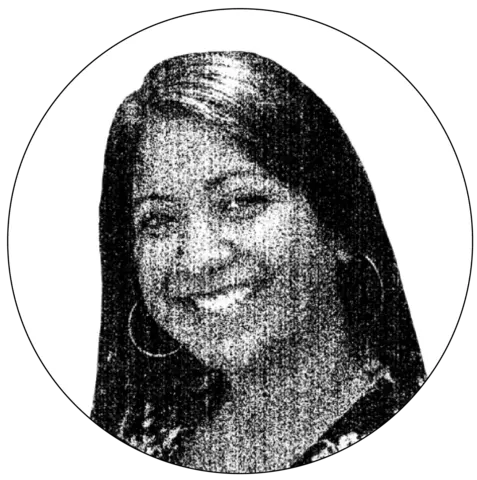
“Born on the Water is the text we wished we had been able to learn from in our own schooling, and we are thrilled to use it with young children.”
DR. NOREEN NASEEM RODRÍGUEZ, assistant professor at the University of Colorado Boulder

"I highly recommend members of the 1619 Education cohort to reach out to members in their community to share their work with the students! I am so excited I did!"
DEBRA GUACHIONE, middle school teacher in Pittsfield, MA
"In an effort to expand my student’s learning experience and connect their journey to local history, I reached out to our local NAACP Education representative, Shirley Edgerton, to ask if she could help me identify resources for the students to use at the end of our unit. Shirley quickly secured and delivered several African American Heritage Trail Maps, highlighting different people and places throughout our community. To end the student’s unit of study, I added a local history option to the performance tasks and encouraged the English teachers in our building to support a cross-curricular activity involving African American people in Berkshire County who have left their legacy or who are considered pioneers or champions of certain values or core beliefs that have inspired others.
A few weeks ago, the NAACP reached back out to me to check on our student progress and invited me to present my 1619 Pulitzer Unit to their committee. They wanted me to share the goals for the unit, themes for student learning, resources, as well as student work. This was a wonderful opportunity to showcase some of the local research and visual projects that the students did as part of the lesson extension. I also presented the overall project, student work from the interactive mapping, discussion activities, and our deep dive into Triangular Trade and the Iroquois Confederation. After the presentation, I was available to answer questions and address concerns.
The feedback was incredibly positive. Members of the committee asked questions around student barriers, safe learning environments, and even about how the families or other staff might have understood some of the lessons to reflect "critical race theory" and how I responded. I felt a genuine appreciation and feeling of accomplishment after being able to share my work with the committee. Since that meeting, I have had another opportunity to present to our new school committee members. Again, I received very thoughtful and student-centered interest.
I highly recommend members of the 1619 Education cohort to reach out to members in their community to share their work with the students! I am so excited I did!"
